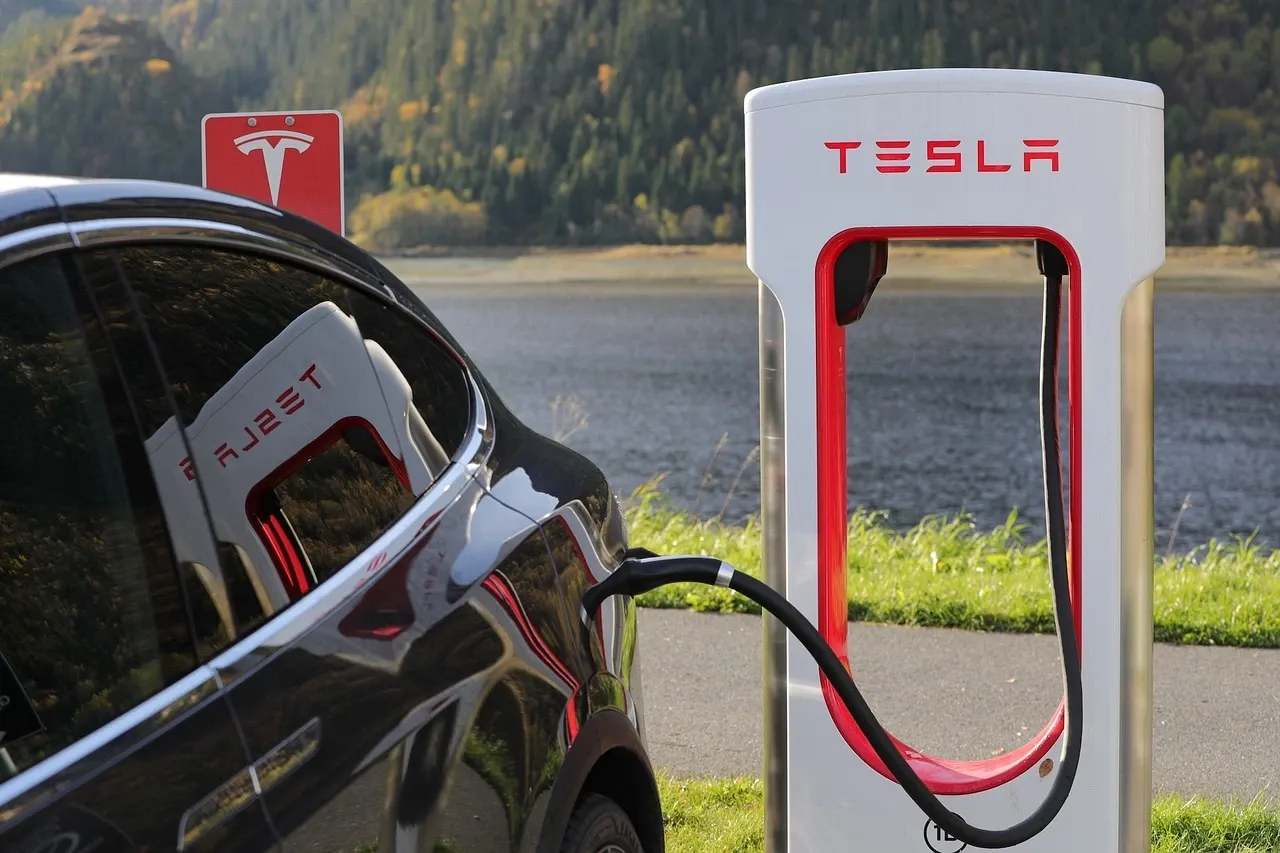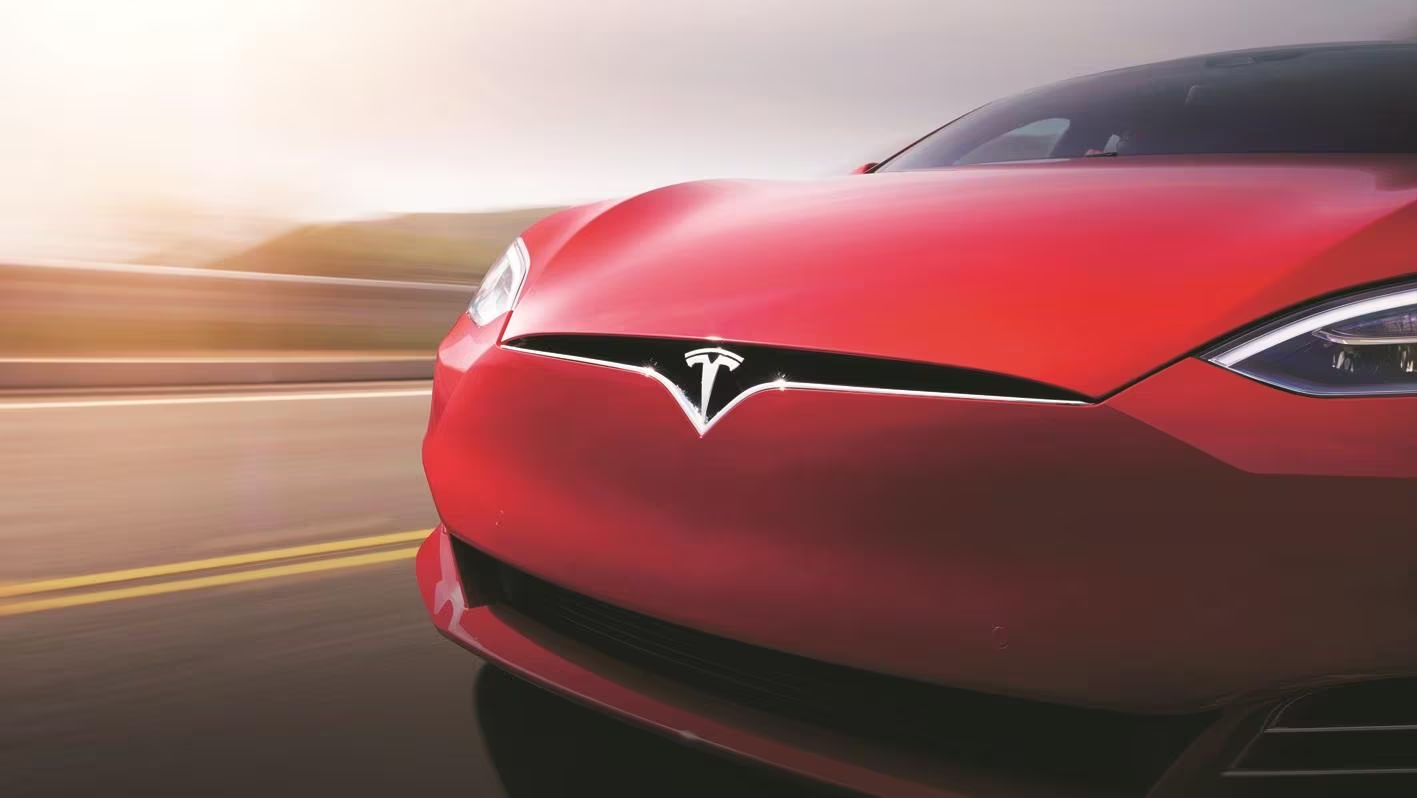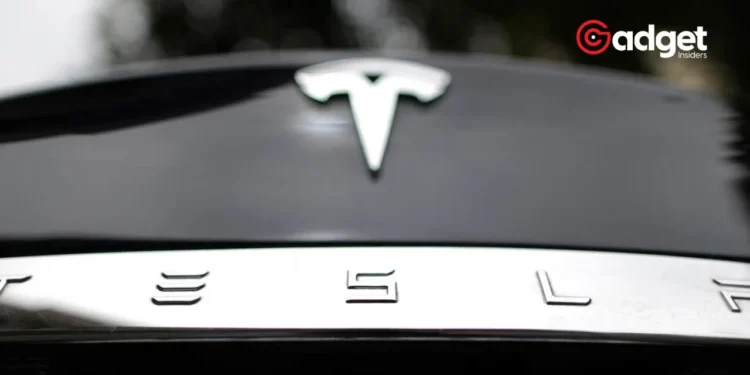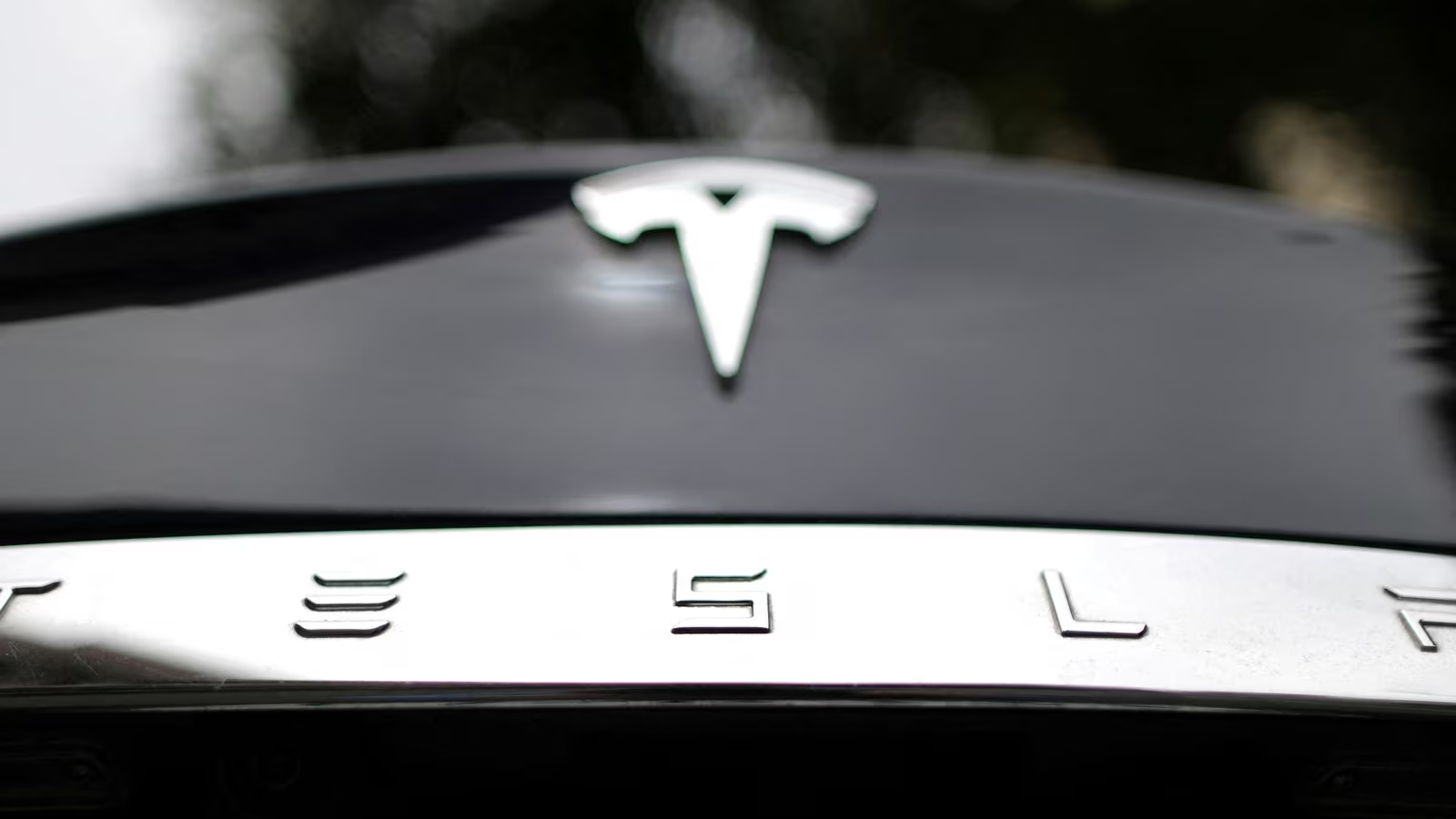In a recent turn of events that has sent ripples through the automotive and tech industries, Tesla, the company at the forefront of electric vehicle innovation, has settled a high-profile lawsuit. The case was brought against the automotive giant by the family of a Silicon Valley engineer, whose tragic demise in a crash while using Tesla’s semi-autonomous driving software has raised serious questions about the technology’s safety and the company’s claims regarding its capabilities.
The Settlement: A Closer Look
On the eve of a trial that was poised to spotlight the safety of Tesla’s self-driving software, the company settled with the family of Walter Huang. Huang, a 38-year-old engineer, lost his life in a harrowing accident on a busy highway in Mountain View, California, casting a long shadow over the brand’s Autopilot feature.
The exact amount of the settlement remains undisclosed, a detail Tesla sought to keep private, citing an end to “years of litigation” as the rationale behind their agreement.
Tesla settles lawsuit over man's death in a crash involving its semi-autonomous driving software https://t.co/VJ2W7OrbCy
— The Associated Press (@AP) April 9, 2024
The Heart of the Matter: Autopilot’s Controversial Promises
At the heart of the lawsuit was the allegation that Tesla, under the leadership of its CEO Elon Musk, had overstated the capabilities of its autonomous driving technology.
The family accused the EV brand of promoting Autopilot in a manner that led consumers to overtrust the technology, potentially neglecting the need for constant vigilance while driving. This overconfidence, they argued, was a direct contributor to the fatal accident.

Evidence presented in the case showed Huang was engaged in a video game on his iPhone moments before his Tesla Model X, operating on Autopilot, veered off its lane and accelerated into a concrete barrier at over 70 miles per hour.
The accident not only claimed Huang’s life but also left his young family without a husband and father.
The Wider Implications: Tesla’s Autonomous Technology Under Scrutiny
This lawsuit is but one of several across the United States that challenge Tesla’s assertions about its self-driving technology. With about a dozen cases scattered across the country, a pattern of scrutiny is emerging, focusing on whether the company’s promotional strategies have fostered an unwarranted trust in its Autopilot and Full Self-Driving capabilities.
Adding to the company’s challenges, the U.S. Justice Department has initiated an inquiry into how Tesla and Musk advertise their autonomous technology, hinting at broader regulatory and safety implications for the industry.

Tesla’s victory in a similar case in Southern California last year, where the debate centered on misperceptions about Autopilot contributing to a 2019 crash, suggests a complex legal landscape.
These cases not only highlight the technological and ethical challenges facing autonomous vehicle development but also underscore the critical need for clear communication and realistic expectations about what these technologies can and cannot do.
Looking Ahead: The Road to Truly Autonomous Vehicles
As Tesla continues to innovate and push the boundaries of what’s possible in electric and autonomous driving, the company, and the industry at large, must navigate the delicate balance between innovation and safety.
The resolution of this lawsuit does not mark the end of the conversation; rather, it underscores the ongoing debate about the future of driving, the role of technology in our lives, and the responsibilities of companies in ensuring their products are understood and used safely.
In the wake of this settlement, the question remains: Will Tesla and other companies in the space take steps to ensure that their advancements in autonomous driving are matched with equally robust efforts to educate and protect their consumers?
Only time will tell, but the legacy of Walter Huang’s case will undoubtedly be felt as the industry moves forward into uncharted territories.











